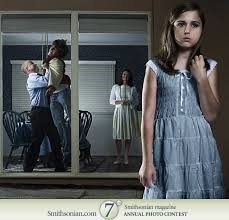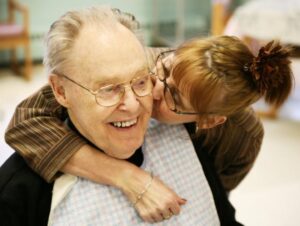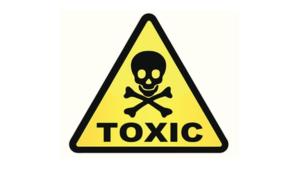
Does your family actually hate you, or just act like it?
I spend a good deal of time in my estate litigation practice explaining to clients the various aspects to dysfunctional families, which they invariably come from.
I keep a number of my previous articles on aspects of the topic on hand for them to read. A few of the more popular ones are on scapegoating, narcissistic personality disorders, sibling rivalry and the criteria of a typical dysfunctional family.
I seldom delve into the fact that their family might actually hate them as this seems a bit too cruel, but may very well be true.
Love or Hate?
It would appear that many families do in fact have a love/hate relationship with various members, which on the face of it is extremely difficult to understand. From what I hear in my office, the client complains that from an early age no matter what they did, they simply never met with approval or acceptance.
In reality the collective family often judge the selected person by totally different standards than they judge themselves or others.
I urge people experiencing extreme family conflict to learn as much about the topic as possible. There is a great deal of literature on dysfunctional families and the harm they cause, as well as support groups. I think it is very important to understand certain psychological aspects such as the concepts of projection, scapegoating, jealousy, narcissistic personalities, and so forth.
Others have written that families often send mixed messages. On the one hand, they will tell you that they only want what is best for you while their actions totally conflict with this message and appear to be more in tune with what is best for themselves. These messages obviously cancel each other out and cause confusion and conflict.
It is important to remember that what might be best for you is not what might be best for the family.
I often give to clients My blog article on Dysfunctional Families and Scapegoating who frequently remark- how did you know how to write about myself?.
This points out to me that such people often feel alone, while the fact is they are numerous.
Scapegoating is particularly difficult to accept, understand and deal with. The scapegoated party, in fact might be the most intuitive and artistic member of the family and for reasons that are difficult to understand, is singled out and picked on from an early age for the remainder of their lives.
I have often told clients that it is extremely easy to become a parent, but extremely difficult to become a good parent.
The American Thanksgiving holiday is the biggest family event in America. I can well imagine how many millions of traveling family members are dreading the thought of having to socialize, even for a short period of time with their family. Families can be extremely taxing to deal with, even when they are wholesome, loving and functional.
Families in fact can resemble tribes in the sense that if one member is made to feel less than the other, such as your own good fortune, this can generate jealousy within the other family members who at least subconsciously if not consciously do not want you to succeed more than themselves.
There is little one can do to change the collective mentality of the family. Victims of the wrath of dysfunctional families must learn to set up boundaries and learn to live independently of the opinions of others, and in particular the opinions of their family members.
It is normal for victims of family dysfunction to blame themselves much akin to how a victim of a sexual predator does.
The bottom line is that it simply is not your fault. I put it in the same category as shit happens.
Family dysfunction is considered to be a normal prevalent problem in todays society, with many millions of people suffering as a result.
As I mentioned in my article on scapegoating, it is important to seek counselling and other forms of self-help to understand the situation. The counselling advice might even involve minimizing any further contact with family members.




